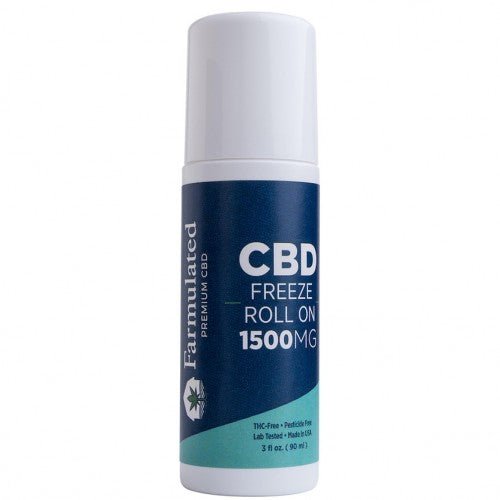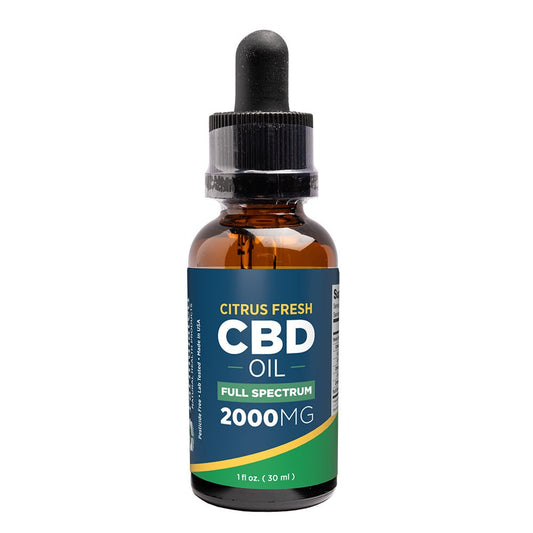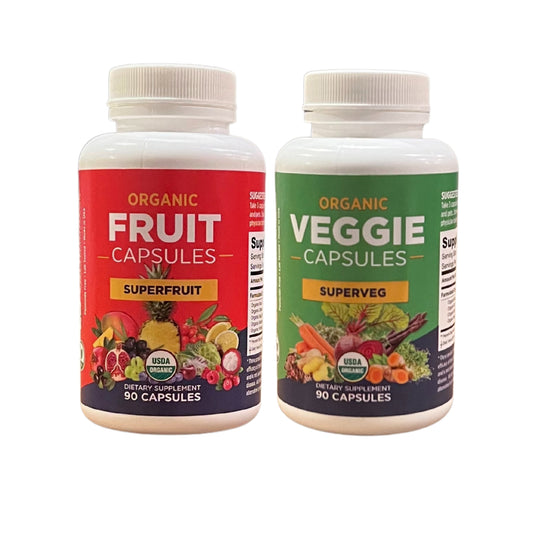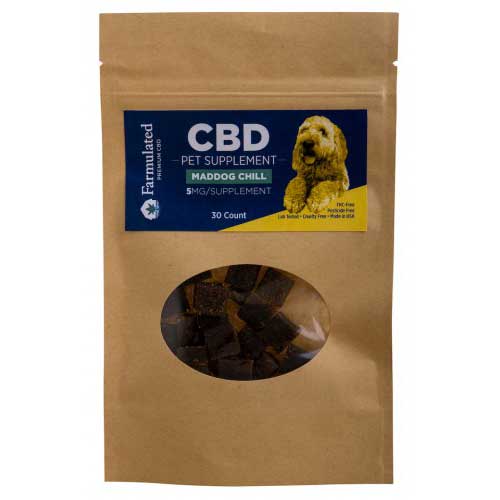The public interest in CBD oil is skyrocketing. In Google Trends, dozens of CBD-related searches have reached “breakout” status, meaning the search volume has increased by more than 5000% in the past five years.
CBD research is in its infancy, and there is limited information about CBD specific effects. It should be noted, too, that the U.S. Food and Drug Administration (FDA) has only approved one CBD products for the treatment of two rare forms of epilepsy.
While some are searching for specialty stores and distributors, others simply want to know what people are using it for. More importantly, they want to know if it works. To shed some light on current research regarding its potential benefits, we’ve put together some of the latest studies and information.
***This article is not intended to give medical advice. We recommend that people should consult with their doctors before using CBD and any supplemental dietary products.***
What is CBD?
Cannabidiol (CBD) is a phytocannabinoid that is derived from cannabis plants. However, CBD oil only contains trace amounts (if any) tetrahydrocannabinol (THC), the psychoactive component of cannabis. It comes in a variety of forms such as:
- Capsules/Pills
- Edibles
- Creams/Lotions
- Oil/Tinctures
With a better understanding of what CBD is, let’s take a look at how people are using it.
1. Possible Pain Relief
Many people use CBD for its potential analgesic effects. A study by Goce Delcev University suggests CBD could be “modestly effective” for treating neuropathic pain and relieving pain caused by malignant diseases. Moreover, results from the European Organization for Research and Treatment of Cancer show that CBD could help ease pain in patients with advanced cancer.
Another study by the University of Milano-Bicocca examined rats treated with CBD. The results indicated a potential for the therapeutic use of cannabidiol in chronic inflammatory and neuropathic pain.
What’s important to remember is that many of these studies also use CBD in conjunction with THC. So, while CBD is certainly part of the equation, more research is needed to isolate its direct effects.
2. May Alleviate Severe Nausea and Vomiting
As previously mentioned, CBD offers some promising pain-reducing benefits for cancer patients. However, malignant diseases also bring about severe nausea and vomiting.
In a study conducted by the University of Barcelona, findings suggested that a “whole-plant cannabis-based medicine” that contained both CBD and THC minimized chemotherapy-induced nausea and vomiting.
3. Potential Neurological Benefits
In 2018, The U.S. Food and Drug Administration (FDA) approved the first FDA-approved drug, Epidiolox, which contains a purified drug substance derived from marijuana. Epidiolex is a CBD oral solution for patients two years of age and older suffering from seizures associated with two rare and life-threatening forms of epilepsy, Lennox-Gastaut syndrome and Dravet syndrome.
According to research, CBD may reduce seizure frequency and severity. Among patients with Dravet syndrome, 43% of patients who received CBD saw a 50% reduction in convulsive seizure frequency.
Further, in the case of MS, a cannabinoid-based spray called Sativex® was shown to provide significant relief for patients with multiple sclerosis spasticity (MSS) that was resistant to other medications. After three months, more than 50% of the patients in a trial conducted by the Neurological Rehabilitation Center Quellenhof found relief from MSS.
In conjunction with helping patients with epilepsy and MS, there is a growing body of research that suggests it could be beneficial for Alzheimer’s and Parkinson’s patients as well.
4. Could Reduce Anxiety and Depression
While just about everyone has been stressed or sad in their lives, chronic anxiety and depression are severe mental disorders. And it’s a pervasive issue. Globally, 300 million people suffer from depression, and another 300 million people suffer from an anxiety disorder, according to the World Health Organization.
While research is still limited, studies suggest CBD has antidepressant and anxiolytic-like effects. In animal models, CBD shows potential benefits for treating clinical depression and anxiety. In a test with humans, 300 mg of CBD was shown to significantly reduce stress during public speaking events.
Using CBD could be a good substitute for benzodiazepines, which are often prescribed for anxiety. Further, CBD treatments could circumvent some side effects of selective serotonin reuptake inhibitors (SSRIs) such as nausea, insomnia, and sexual problems/difficulties.
5. Could Clear up Skin
Unfortunately, nearly 1 in 10 people suffer from acne. To make matters worse, some of the most successful treatments for acne, like Accutane, come with a litany of severe side effects (muscle problems, depression, even congenital birth defects).
The good news is, CBD may be a helpful alternative. The Journal of Clinical Investigation found that CBD has “promising therapeutic” benefits for the treatment of acne vulgaris because of it’s sebostatic and anti-inflammatory effects. The American Society for Pharmacology and Experimental Therapeutics echo these findings when testing CBD as a treatment for dermatitis.
6. Could Help Insomnia
While more research is needed, studies indicate that CBD may interact directly with receptors that control people’s sleep cycles. Because it also helps decrease anxiety, depression, and pain, evidence seems to strongly suggest it could be an effective treatment for those suffering from insomnia.
In a 2018 study by Medicines, researchers treated people with insomnia with medical cannabis. When surveyed before the study, patients rated their insomnia on a scale of 1 (best) to 10 (worse). Starting symptoms averaged a 6.6 in terms of severity. After using medical cannabis, patients rated their symptoms at an average of 2.2.
It’s important to note that medical cannabis has both THC and CBD in it. Conversely, a small study by the Permanente Journal pointed out that just CBD improved sleep scores in 66 percent of participants.
Is CBD Oil For You?
Research suggests that CBD has a multitude of benefits. However, it is recommended that you talk to a doctor about your decision to use CBD oil. If you’re interested in learning more about CBD products, please visit our store to see our selection.





